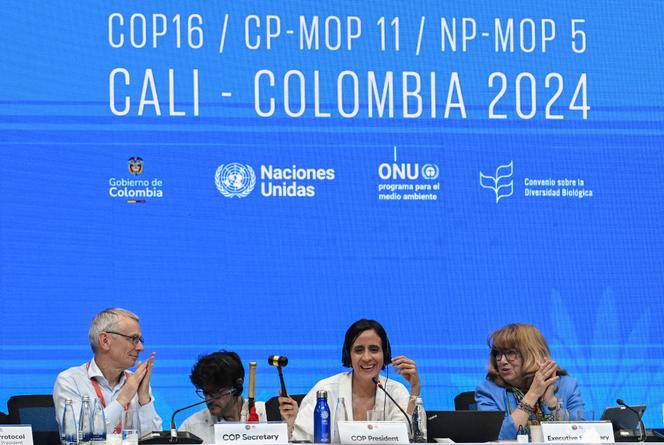


The discussions are set to pick up where they left off in the hope of reaching an agreement this time. In late 2024, the member countries of the United Nations Convention on Biological Diversity (CBD) parted ways in deep disagreement when the 16th Conference of the Parties to the UN Convention on Biological Diversity (COP16), held in Cali, Colombia, was abruptly suspended for lack of a quorum. On Tuesday, February 25, representatives from 154 countries will meet in Rome for a three-day catch-up session designed to bring the meeting to a close.
This COP16 is intended to determine how to implement the 23 ambitious goals of the Kunming-Montreal Global Biodiversity Framework (protect 30% of land and sea by 2030, halve the global risk from pesticides, eliminate at least $500 billion a year [€478 billion] in subsidies harmful to nature...), adopted in 2022.
In Cali, it was on the central issue of financing that countries from the North and South were clashing when the conference was adjourned, following two weeks of tense negotiations. The subject is set to dominate most of the discussions once again in the Italian capital. For a number of years, developing countries have been calling for the creation of a new fund dedicated to biodiversity: They have pointed out that access to existing schemes is complex and limited, and that their governance is not very inclusive. Donor countries, by contrast, are vehemently opposed to the idea of setting up a new fund, which would further fragment the financial landscape without providing any additional resources. They are advocating for reforming current mechanisms.
You have 67.08% of this article left to read. The rest is for subscribers only.
